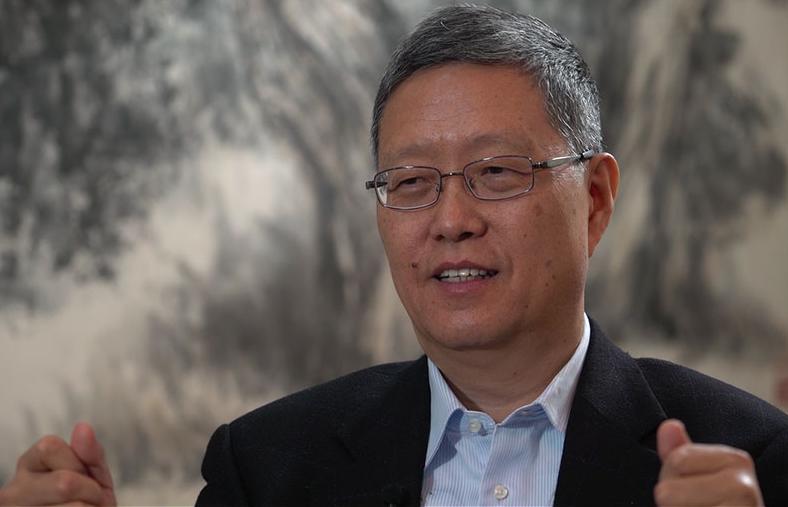
Feng Zhongping, Director, Institute of European Studies, Chinese Academy of Social Sciences (CASS)
May 16, 2017
While the new French leader will focus an enormous amount of resources on domestic reform, he will also try to accomplish something big in foreign affairs. As a pro-EU president of France, Macron will make the restart of the Franco-German engine his primary task.

Robert Manning, Senior Fellow, Brent Scowcroft Center of Atlantic Council
May 15, 2017
If there ever was a time when Asian nations could ignore transatlantic affairs or when Europe could proceed without considering Asian developments, those days are long gone.

Joseph S. Nye, Professor, Harvard University
May 12, 2017
Soft power can reach goals through attraction and persuasion rather than threats of coercion or offers of payment. Information warfare can be used offensively to disempower rivals, and this could be considered “negative soft power.” By attacking the values of others, one can reduce their attractiveness and thus their relative soft power.

Yoon Young-kwan, Professor Emeritus of International Relations, Seoul National University
May 10, 2017
Those who predict that a Moon presidency will disrupt South Korean relations with the U.S. and Japan are surely mistaken.

Ma Shikun, Senior Journalist, the People’s Daily
May 09, 2017
The new US leader has become more pragmatic about Beijing and established a good rapport with President Xi Jinping, but his approach to Taiwan, the One China policy and North Korea have failed to reassure many Chinese observers.

Quansheng Zhao , Professor, International Relations at American University
May 08, 2017
Since the 2008 global financial crisis, China and the U.S. have entered into a new structure, namely an emerging dual leadership structure, in the Asia-Pacific. This trend represents the future direction of U.S.-China relations.

Fernando Menéndez, Economist and China-Latin America observer
May 05, 2017
The build-up of a large militia in Venezuela, facing no external military aggression, underscores a regime prepared to escalate violence against its own people. China, has provided generous credits, loans, and investments in an amount estimated at upwards of $60 billion, and will likely write off its loses, but more importantly may have to avoid being dragged down into a humanitarian crisis comparable to Syria or a political miasma as cancerous as North Korea, unless the leaders in Caracas change course.

Jonathan Tai, Research assistant, Inle Advisory Group
May 05, 2017
National reconciliation does not just impact Myanmar’s political and economic interests; it is also important to China. As the largest neighbor and sharing the longest border with Myanmar, China has and will continue to play a prominent role in the nation’s stalled peace process..

He Yafei, Former Vice Minister of Foreign Affairs
May 04, 2017
Reaching consensus, respecting differences and creating real benefits to real people are key to ensuring the success of the “One Belt, One Road” initiative.

Yang Wenjing, Research Professor, Institute of American Studies, CICIR
May 04, 2017
The new president seeks economic advantages in the Asia-Pacific, though his approach is very different from Obama’s in ends and means. He has reset the goals for US trade, focusing on the more short-term, inward-looking national interest based on more jobs and investments for US. But all in all, there is more continuity than change in what we’ve seen of the administration’s policy in the region.
Back to Top

- China-US Focus builds trust and understanding between the U.S. and China through open dialogue among thought leaders.
- Our Offerings
- Topics
- Videos
- Podcasts
- Columnists
- Research Reports
- Focus Digest
- Stay Connected
-
Thanks for signing up!
- Get the latest stories from China-US Focus weekly.